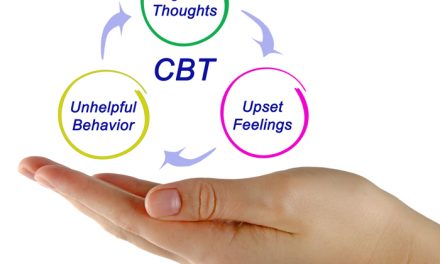Reading for Comprehension – And Inspiration
One of the challenges that comes with a substance use disorder is a sense that you are alone in your struggles. The feeling that your troubles are unique to you can cause you to withdraw from others, which in turn can make it harder for you to get or stay sober. Loneliness is the enemy of sobriety, and that is why building a strong support network, going to 12-Step (or other recovery program) meetings, and finding ways to connect with others through hobbies or service or what have you are such important parts of the recovery journey.
But there are likely going to be times when you might still feel as though no one really understands what you are dealing with as you work to stay sober. Further, you might be tired of talking about the situation and reluctant to call a friend when you are at a low ebb. You may find yourself wishing you could connect with someone without having to actually converse with them.
When that is the case, memoirs by people who have struggled (and may still be struggling) with substance use disorders can provide some excellent encouragement. These books can remind you that you are certainly not alone—and that there is plenty of reason to be hopeful, even when things seem dark and difficult.
Let’s take a look at a few of the many memoirs that trace personal stories of addiction and recovery.
Functioning Alcoholics Who Found Sobriety
Drinking: A Love Story is by the journalist Caroline Knapp and explores the underpinnings of her substance use disorder centered on alcohol. The book also details the various crises that belied her status as a functioning alcoholic and eventually caused her to make a change.
Heather King tells a similar story in Parched: A Memoir. King, a lawyer as well as a writer and commentator for NPR, was a functioning alcoholic who eventually found she could not function anymore. The book is a good reminder that success is not a shield against substance use disorders.
Cocaine, Cancer, and Recovery
David Carr was a columnist for the New York Times whose life was marked by cocaine use and cancer. In The Night of the Gun: A Reporter Investigates the Darkest Story of His Life. His Own., Carr recounts his tale—including the story of his recovery as well as his life as a single parent. A journalist at heart, Carr was able to turn his investigatory eye on himself, and the result is a powerful narrative.
Seeking Sobriety Through an LGBTQ+ Lens
Augusten Burroughs got help for his substance use disorder in a rehabilitation center focused on helping members of the queer community. That perspective may make Dry: A Memoir a good choice for readers who can relate to Burroughs’ experience as he began his recovery journey, though the book has plenty to offer any and all readers.
A Glamourous Life Doesn’t Make Addiction Glamourous
In How to Murder Your Life, Cat Marnell recounts her harrowing journey from being a teenager hooked on ADHD meds to being a writer with a high profile gig who was hooked on a series of drugs including Xanax, cocaine, ecstasy, and a variety of prescription pills. While Marnell looks glamorous as she gazes at the reader from the cover of her book, the story she has to tell is anything but.
The Power of Spiritual Practice in Recovery
In Lit, Mary Karr reveals her difficulties with drugs and alcohol during the period in which the writer was a young wife and mother. Struggling to stay clean, Karr found strength in Catholicism—making her story a good option for those who want to know more about how spiritual practice (in whatever form) can support sobriety.
We Can Help You Rewrite Your Own Story
The memoirs we have mentioned here have something common: their authors realized they needed help to overcome a substance use disorder so they could reshape their lives. That is a story you could tell, too—even if it seems as though you will never regain your sobriety.
At The Aviary Recovery Center near St. Louis, MO, we can help you turn the page on drugs or alcohol. We offer medically supervised detox, a robust rehab program that includes both group and individual therapy, and a continuum of care that ensures you will feel supported as your recovery journey gets underway.
The ending of your story has not been written yet. You can start a new chapter by getting the help you need at The Aviary Recovery Center.










